Couchbase Training Options
- Online Courses: Couchbase provides self-paced online courses that cover various topics, from basic concepts to advanced administration and development techniques. These courses typically include video lectures, hands-on exercises, quizzes, and certifications upon completion.
- Instructor-Led Training: Couchbase offers instructor-led training programs conducted either virtually or in-person. These sessions are led by experienced instructors who guide participants through comprehensive Couchbase training materials and provide interactive learning experiences.
- Workshops and Bootcamps: Couchbase occasionally organizes workshops and bootcamps, which are intensive training events focused on specific topics or use cases. These events provide participants with hands-on experience, deep dives into advanced topics, and opportunities to network with other Couchbase professionals.
- On-Demand Webinars: Couchbase regularly hosts on-demand webinars, covering various Couchbase-related topics. These webinars allow participants to learn at their own pace and gain insights from Couchbase experts.
- Documentation and Tutorials: Couchbase provides extensive documentation, tutorials, and guides on their website. These resources serve as valuable self-study materials, offering detailed information on Couchbase features, architecture, deployment, and best practices.
What are the Key Components of Couchbase Training?
- Introduction to Couchbase: An overview of Couchbase and its features, including its architecture, data model, and key-value store.
-
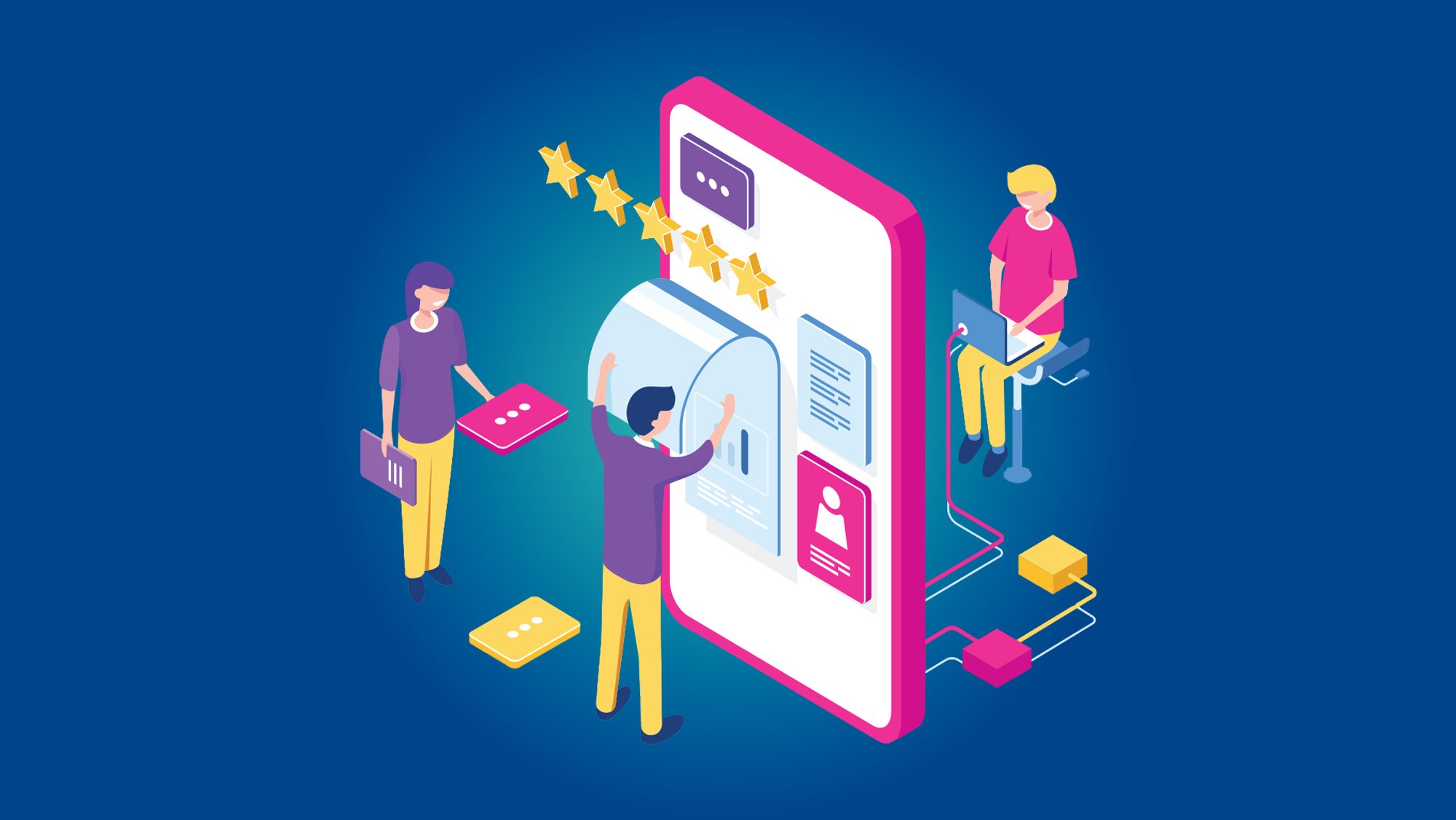
Read More: Building for the Future: Couchbase in Modern App Development
- Couchbase Server: Understanding the Couchbase Server, its installation, setup, configuration, and administration tasks.
- Data Modeling: Exploring the data modeling concepts specific to Couchbase, including key design principles, document structure, and best practices for schema design.
- Querying and Indexing: Learning about Couchbase's querying capabilities using N1QL (SQL-like query language) and understanding indexing strategies for optimizing query performance.
- Data Replication and High Availability: Understanding replication concepts and configurations to ensure data availability and fault tolerance in distributed environments.
- Couchbase SDKs: Overview of the Couchbase Software Development Kits (SDKs) available for various programming languages, and how to use them to interact with Couchbase from application code.
- Full-Text Search: Exploring Couchbase's full-text search capabilities and how to leverage it for efficient search operations.
- Analytics: Introduction to Couchbase Analytics, which enables running analytical queries on data stored in Couchbase, and understanding its integration with other Couchbase features.
- Security and Administration: Covering security best practices, user and role management, authentication, authorization, and other administrative tasks for securing Couchbase deployments.
- Monitoring and Troubleshooting: Learning how to monitor Couchbase clusters, identify performance bottlenecks, and troubleshoot common issues.
- Couchbase Mobile: An introduction to Couchbase Mobile, including Couchbase Lite (embedded NoSQL database for mobile devices), Sync Gateway (data synchronization between mobile devices and Couchbase Server), and mobile application development with Couchbase.
Who can do Couchbase Training?
Couchbase training is suitable for a wide range of individuals interested in learning and working with Couchbase NoSQL database technology. It is beneficial for database administrators, application developers, data engineers, full-stack developers, solutions architects, technical consultants, DevOps engineers, and data scientists. Whether you are a beginner looking to gain foundational knowledge or an experienced professional seeking to expand your skills in Couchbase, the training is designed to cater to various skill levels and roles in the database and application development space.
Couchbase Career Opportunities
- Database Administrator (DBA): DBAs are responsible for installing, configuring, and managing Couchbase clusters, ensuring data integrity, optimizing performance, and handling backup and recovery tasks.
- Application Developer: Application developers work with Couchbase to design, develop, and maintain applications that leverage Couchbase's NoSQL capabilities. They use Couchbase SDKs and query languages like N1QL to interact with the database and build scalable and high-performance applications.
- Data Engineer: Data engineers focus on the design, implementation, and management of data pipelines and ETL processes, ensuring efficient data integration, transformation, and storage in Couchbase. They work with tools and technologies for data ingestion, processing, and data integration.
- Full-Stack Developer: Full-stack developers possess expertise in both frontend and backend development. They leverage Couchbase as part of their technology stack to build robust and scalable web applications that require fast and flexible data access.
- Solutions Architect: Solutions architects design and implement solutions using Couchbase, considering the specific requirements and constraints of an organization. They work closely with clients, understanding their needs and providing guidance on how to best leverage Couchbase to achieve their objectives.
- Technical Consultant: Technical consultants provide guidance and support to clients during the implementation, integration, and adoption of Couchbase. They assist with architecture design, performance optimization, troubleshooting, and offer best practices to ensure successful deployment and utilization of Couchbase in customer environments.
- DevOps Engineer: DevOps engineers focus on the deployment, automation, and management of Couchbase clusters in production environments. They work on infrastructure provisioning, monitoring, and scaling, as well as implementing CI/CD pipelines for seamless application deployment and updates.
- Data Scientist: Data scientists leverage Couchbase's analytical capabilities to extract insights and make data-driven decisions. They develop and execute analytical queries, perform data exploration, build predictive models, and work with machine learning algorithms to extract value from data stored in Couchbase.
Conclusion:
Couchbase is a robust and versatile NoSQL database platform that provides a range of career opportunities. Its features, such as flexible data modeling, powerful querying capabilities, and high availability options, make it a valuable tool for modern data-driven applications. Whether you are a database administrator, application developer, data engineer, or data scientist, mastering Couchbase can enhance your skill set and open doors to exciting roles in the rapidly evolving landscape of data management and application development.


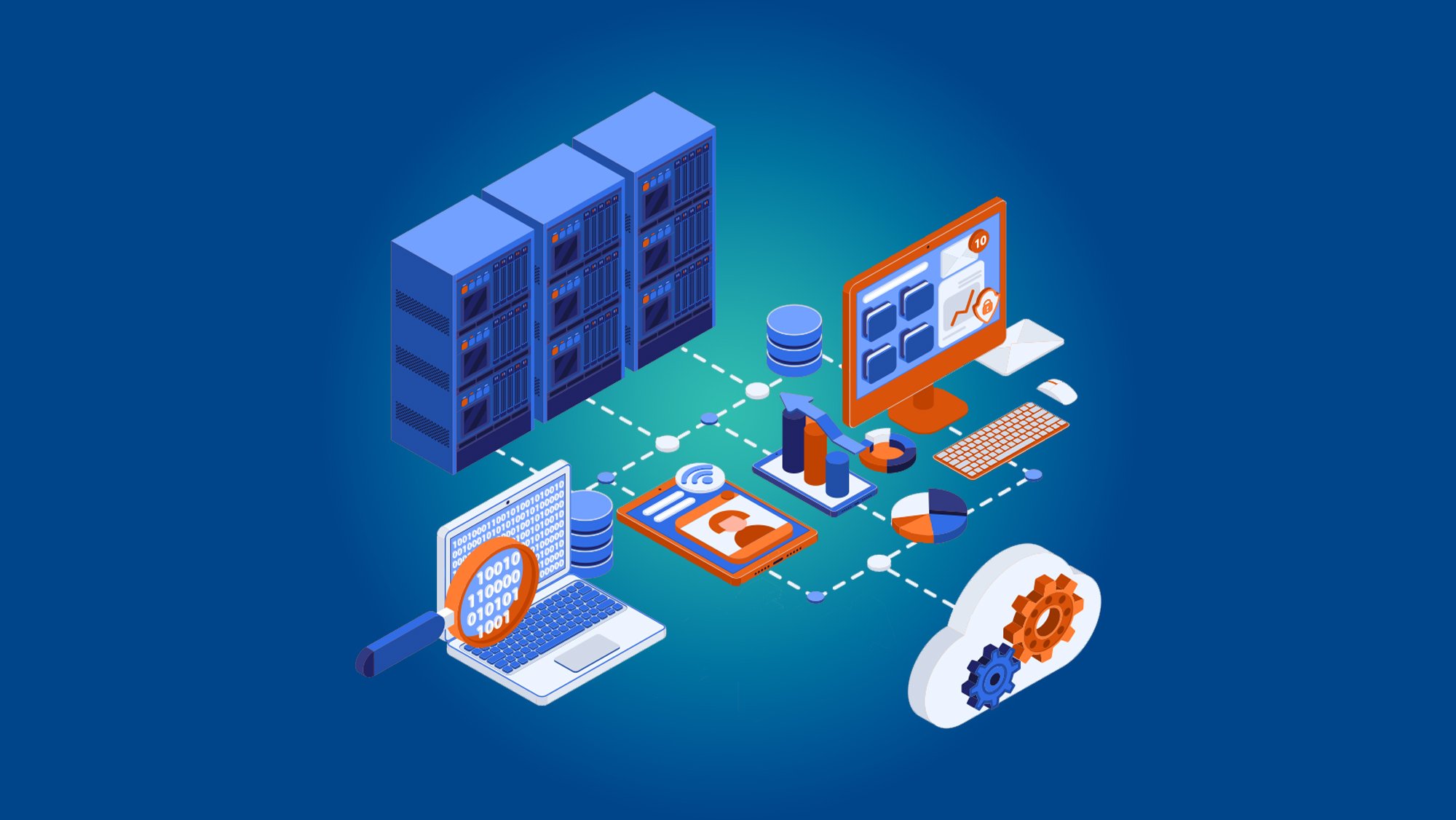
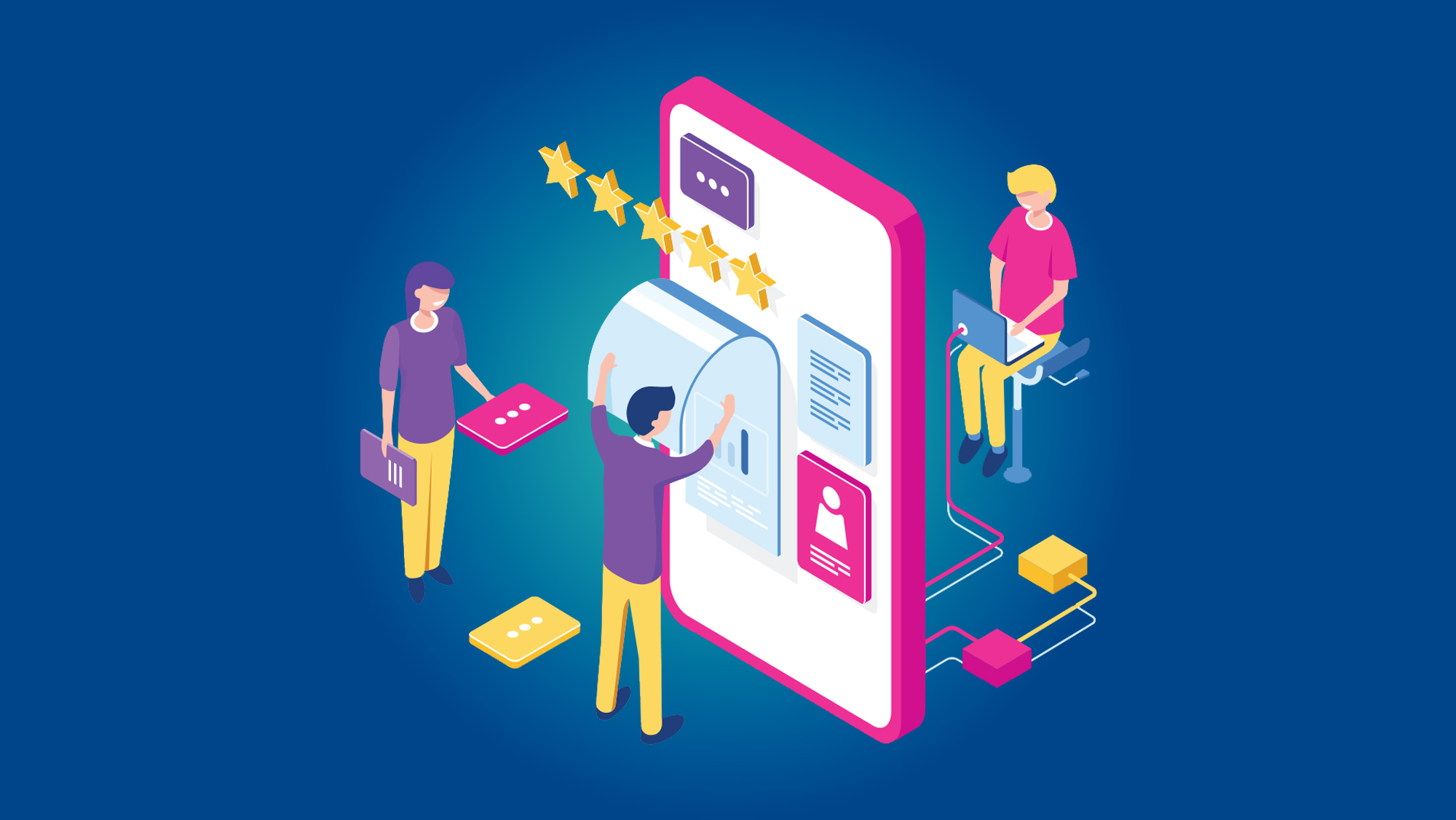
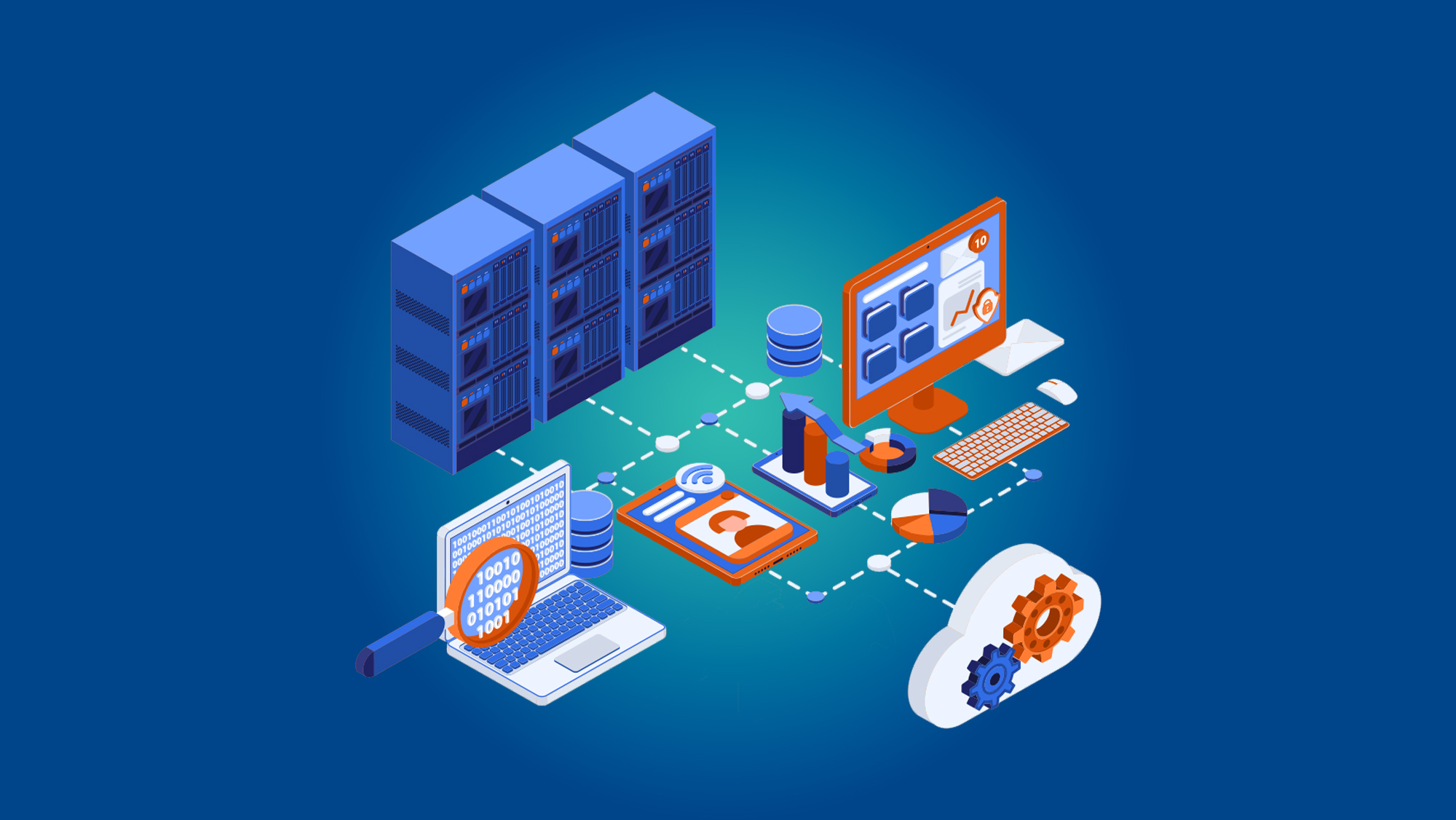
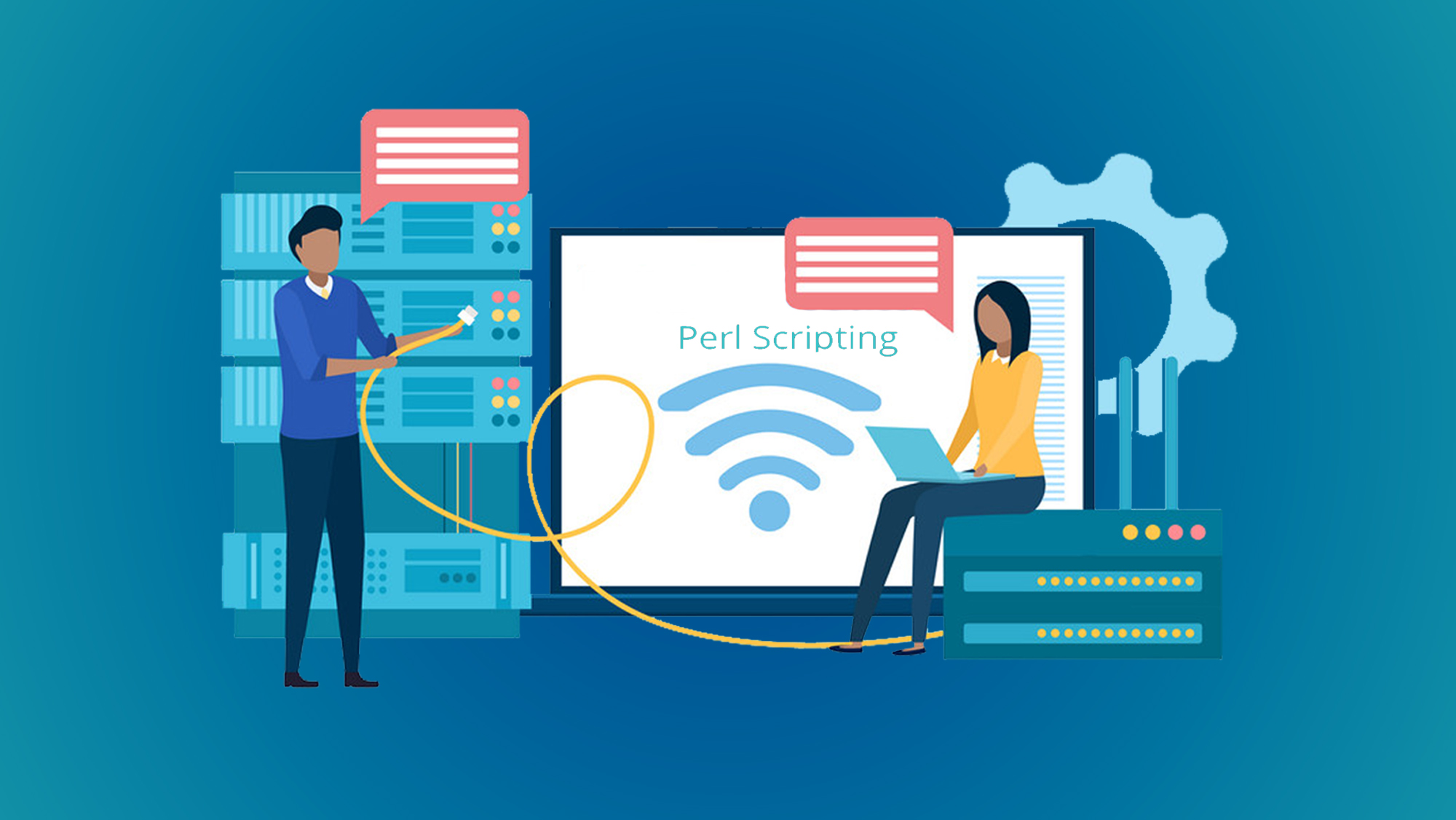
No Comments Yet
Let us know what you think